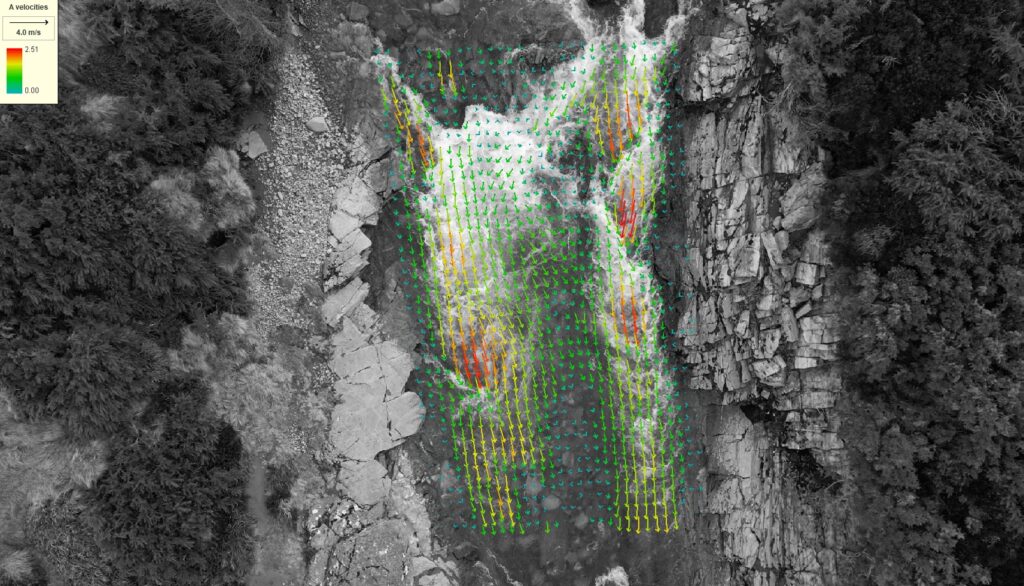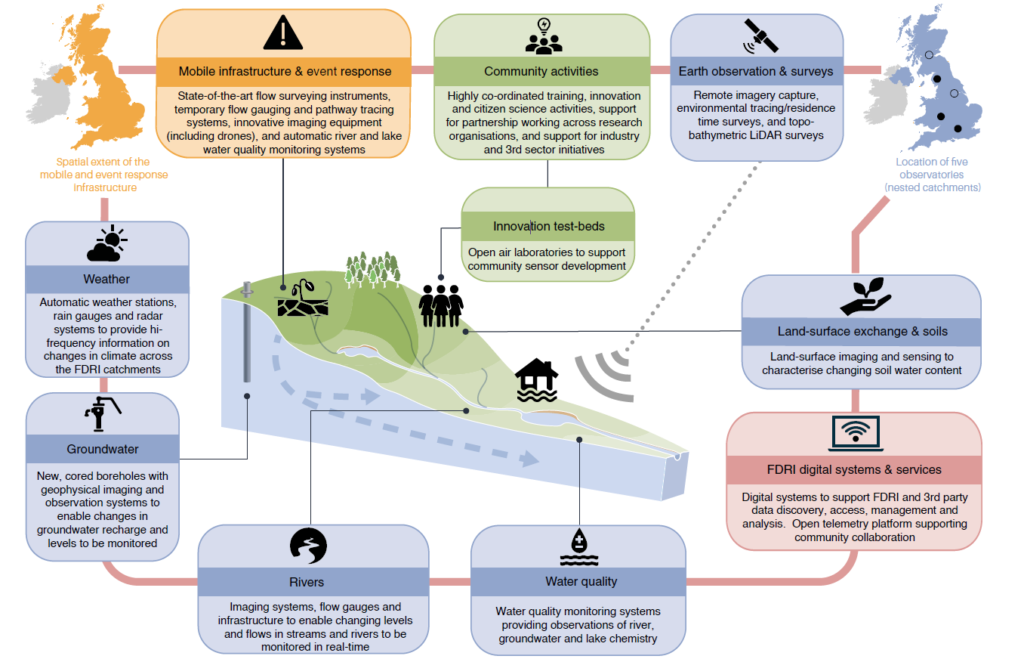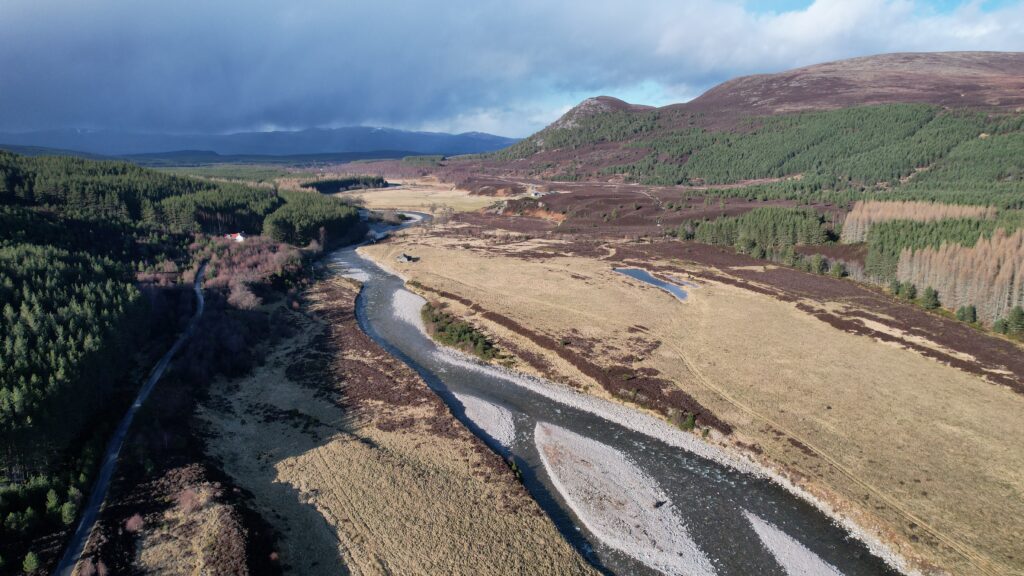A national network of hydrological measuring equipment and digital technology is set to transform the UK’s flood and drought research.
UK Research and Innovation (UKRI) has announced that it will invest £38m (US$46m) in a Floods and Droughts Research Infrastructure (FDRI) program, subject to approval of a business case for the project early next year.
FDRI is due to be established over five years starting in April 2023 by the Natural Environment Research Council (NERC), part of UKRI, and its strategic partners including the UK Centre for Ecology & Hydrology (UKCEH). It will provide a step-change in the study of hydrological processes within catchments.
The new investment will fund the deployment and testing of the latest imaging equipment and sensors to measure river flows, rainfall, soil moisture, groundwater levels and water quality in selected river basins across the UK – in southeast, northwest and northeast England, Wales and east Scotland. A combination of fixed instruments and mobile equipment such as drones will monitor river flows and will be deployed to different areas in times of floods and droughts.

The infrastructure will generate more comprehensive and reliable data in near real time for different regions, enabling researchers to improve computer models to predict when and where floods and droughts will happen, and how severe they will be. FDRI will therefore provide the robust scientific evidence needed to inform national policies, better management of water resources, emergency planning for floods and droughts, and improved protection of the environment.
The announcement of funding for FDRI follows a comprehensive 21-month scoping study, led by UKCEH and other partners, which established the requirements for this new research infrastructure.
Financial investments in flood and drought mitigation and adaptation strategies are much lower than the cost of potentially avoidable damage to the economy, society and environment. In England, the winter floods of 2015-16 alone caused £1.6bn (US$2bn) in economic damage, while drought during 2021 caused a loss in revenue of at least £165m (US$200m).
Dr Iain Williams, director of strategic partnerships at NERC, said, “Increasing the UK’s resilience to extreme flood and drought events is an important response to changes in climate and human activity. This Floods and Droughts Research Infrastructure will provide an exciting step-change for new digitally enabled research, hydrological data and technological innovations across the UK. I am very grateful to the hydrological community who have helped shape the development of this investment.”
Professor David Hannah, director of the Birmingham Institute for Sustainability and Climate Action at the University of Birmingham and chair of the FDRI scoping study steering committee, said, “I am thrilled that UKRI has allocated funds – for field monitoring, digital infrastructure and innovation testbeds for technology development – to transform our understanding of river basin hydrological processes and system dynamics. Such new fundamental research is vital to underpin sustainable catchment management and enhance ecosystem and human resilience to flood and drought impacts in a changing water world.”
Professor Mark Bailey, executive director at UKCEH, added, “Water plays a critical role in economic growth and the well-being of society. Our changing climate is altering the frequency and impacts of both floods and droughts. Investment in FDRI represents a great opportunity for the UK hydrological community to work together to deliver the science that is so urgently needed to inform societal resilience to extreme floods and droughts.”




